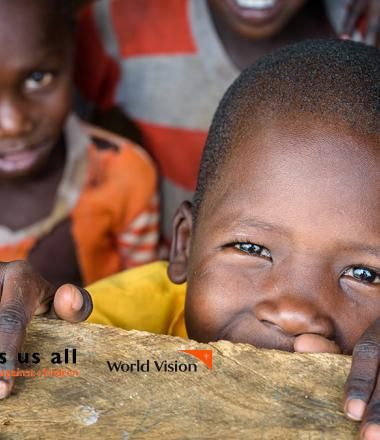
It Takes Us All
To end violence against children.
1.7 billion children are affected by some type of violence each year.
A national survey suggests that 79 per cent of boys and 76 percent of girls experience physical, sexual and/or emotional violence before the age of 18.
Violence significantly harms children’s health, slows economic development and erodes human and social capital. Failing to address violence against children jeopardises investments made in child survival, health and education.
World Vision works in Kenya to ensure that threats and vulnerabilities which children face in Kenya today are eradicated through a more coordinated, comprehensive and multi-sectoral approach.
It takes every parent and every guardian. Every child and every school. Every community member Every policymaker and every government official. Every elected leader and every politician. Every business and every business leader. Every civil society organisation and every development agency. Every celebrity and every journalist. Every faith leader and every congregation.
It Takes Us All - Kenya
Forms of Violence
Together, we can end these forms of violence against children in Kenya.












